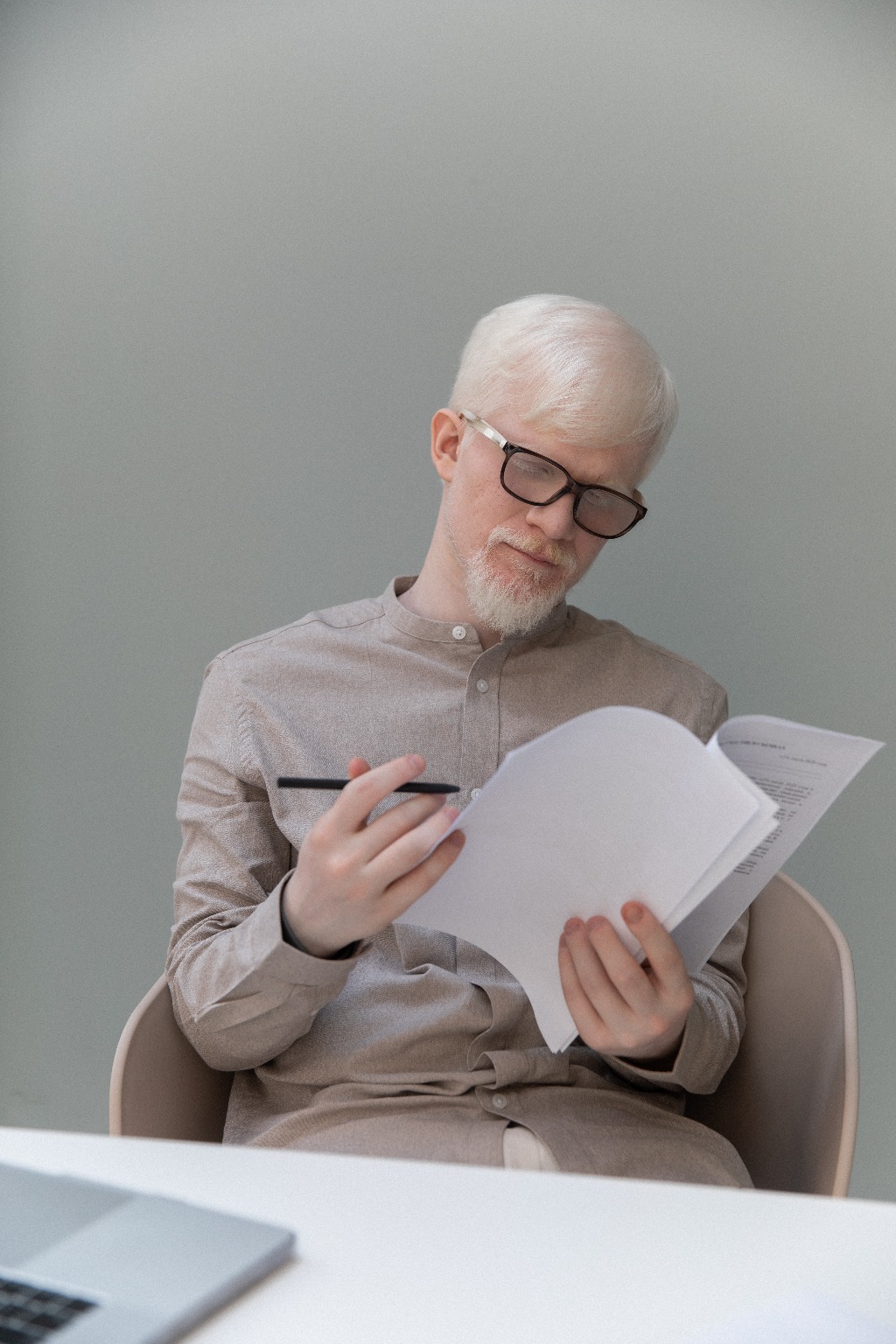As a writer, you may feel like you should be focusing solely on one project at a time. Isn’t it the mark of an unproductive writer, after all, to be constantly starting project after project without finishing any of them? So it seems right that you should hone in on just one work in progress without any distractions.
These feelings aren’t exactly incorrect. I have seen many friends get really excited about one project, only to abandon it for some other new, shiny project a few months later.
But I’ve found that for me personally, at least, working on only one book at a time is not the most productive way to spend my writing time. It is largely through the freedom to hop from one project to the next that I’ve managed to produce as much material as I have. That material includes—deep breath—two self-published novels, four completed novel drafts, two completed novella drafts, seven works in progress, two ghostwritten novels, five ghostwritten novellas, and countless freelance articles.
I know that sounds like a lot, and you’re probably wondering if I’m going to hit the publishing finish line with all those works in progress. I feel pretty sure I will, though. It was only through having so many other books in my head to play with while writing Viable and Vita and the Monsters of Moorhouse that I was able to get them to the publishing point. I’ve found that it helps me to have novels at different stages of development so I can switch back and forth between projects when I get stressed or bored.
Here are the different sorts of writing stages that I like to bounce between.

The Idea Farm
I’ve talked about planting an idea farm before in a post about the brainstorming process. Your idea farm is a document (or notebook if that’s more your style) where you jot down the beginnings of ideas. These can be as simple as “haunted fairy forest” or “something about that old castle I saw on my Ireland trip”. Over time you can come back to your idea farm and see if you have more to add to any of the ideas you planted there.
When I’m feeling overwhelmed by a certain project, I love to visit my idea farm and toss the ideas around a bit in my head. Sometimes I come up with new details, while other times it can just be a relief to see that I don’t need to worry about running out of novel ideas anytime soon.

Conceptualizing
This phase might sound similar to planting your idea farm, but it’s actually quite different. The idea farm is for ideas that aren’t quite there yet, where you are still figuring out who the central characters are and/or what your exact premise will be.
The conceptualizing stage is for fully-formed ideas. At this point, you should feel like you could describe your book to a friend in enough detail that they might actually want to read it. You have a basic world, premise, and at least a few central characters. Now you get to start refining your character sketches and writing your rough outline.
For me, this phase includes a lot of walking around listening to music and thinking about my story. As I go I’ll add songs to playlists for specific characters or locales that help me to nail down the mood of the novel. Being able to go on these fun, brainstormy walks gives me a wonderful break when the going gets tough on another project.

The Real Deal
This part of the writing process is what most people think of authors doing—hours spent hunched over your laptop, typing out the actual words of the actual book. This phase is both the most rewarding and overwhelming for me. There’s nothing quite like the high of sinking deep into a scene to the extent that you barely feel like you’re the one writing anymore. Instead you experience the story like some sort of spelunking journalist, trying to take note of everything you see and hear in the cave below so you can tell people up above all about it.
But this is also the stage that I need the most breaks from. Writing a book is a thrilling undertaking, in both the fun and terrifying senses of the word. The more you get into your story, the harder it can sometimes be to move forward. What if you betray the promise of your earlier pages with what’s to come? Or what if you start to hit your stride late in the story and realize how much of the beginning you’ll have to change?
Sometimes the right thing to do at these points of overwhelm is to take a mental health break from writing completely. But I usually like to be working on something, so being able to swing over to another project that’s in a less stressful phase is really helpful.

Revising
All four of my completed drafts are currently somewhere in the revising stage. While one is on the shelf and I’m waiting on feedback before moving forward with another, I’m actively editing the other two. I’ve been writing new scenes to expand a historical fiction draft I completed a few years ago, and am currently reading over a fantasy draft I haven’t looked at since I finished it six months ago.
I deeply enjoy being able to prod and pick at a project that is already a complete (though flawed) story. It lets me use another part of my writerly brain. I do a decent amount of freelance editing as well, so editing my own work is good practice for that. Which brings us to our last section!

Freelancing
Working on a novel isn’t the only type of writing you can do. Freelancing for blogs, websites, or one of the many other types of clients looking for capable writers is another way to help reset your brain. Learning to write concisely and persuasively will also improve your fiction writing tremendously.
I’ve been freelance writing for over a decade, and editing manuscripts for just as long. These experiences have really helped me to level up as a writer—writing articles and ghostwriting gives me a chance to practice, while editing has helped me to pinpoint the do’s and don’ts of good novel writing. Getting paid to refine your craft is pretty great, too.
So don’t worry that you’re being an irresponsible writer if you get overwhelmed by one project and feel tempted to start another. As long as you don’t get too lost in starting new projects, juggling a few different books at a time can actually help you to complete each one more easily. And you also might have a bit more fun.